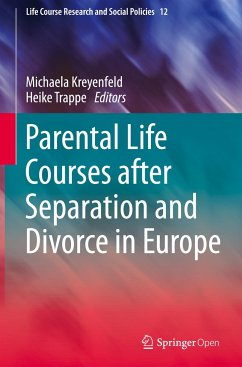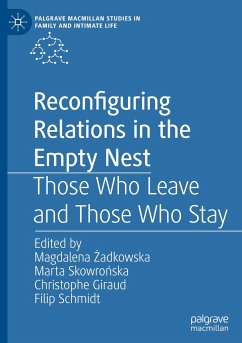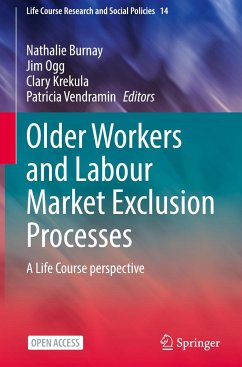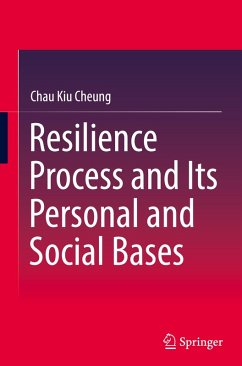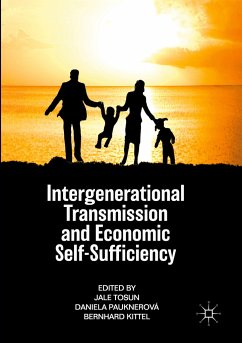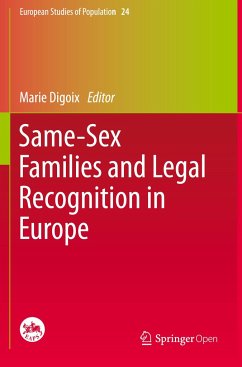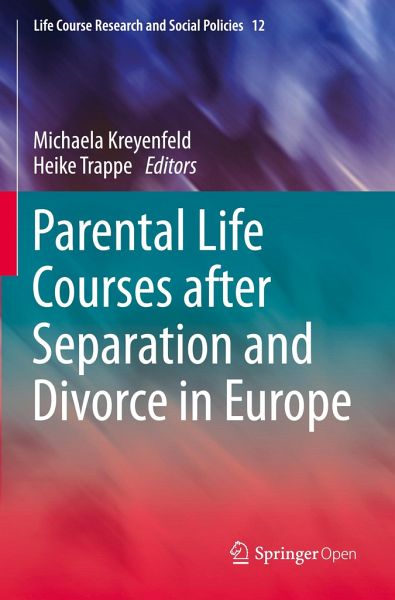
Parental Life Courses after Separation and Divorce in Europe
Versandkostenfrei!
Versandfertig in 6-10 Tagen
31,99 €
inkl. MwSt.

PAYBACK Punkte
16 °P sammeln!
This open access book assembles landmark studies on divorce and separation in European countries, and how this affects the life of parents and children. It focuses on four major areas of post-separation lives, namely (1) economic conditions, (2) parent-child relationships, (3) parent and child well-being, and (4) health. Through studies from several European countries, the book showcases how legal regulations and social policies influence parental and child well-being after divorce and separation. It also illustrates how social policies are interwoven with the normative fabric of a country. Fo...
This open access book assembles landmark studies on divorce and separation in European countries, and how this affects the life of parents and children. It focuses on four major areas of post-separation lives, namely (1) economic conditions, (2) parent-child relationships, (3) parent and child well-being, and (4) health. Through studies from several European countries, the book showcases how legal regulations and social policies influence parental and child well-being after divorce and separation. It also illustrates how social policies are interwoven with the normative fabric of a country. For example, it is shown that father-child contact after separation is more intense in those countries which have adopted policies that encourage shared parenting. Correspondingly, countries that have adopted these regulations are at the forefront of more egalitarian gender role attitudes. Apart from a strong emphasis on the legal and social policy context, the studies in this volume adopta longitudinal perspective and situate post-separation behaviour and well-being in the life course. The longitudinal perspective opens up new avenues for research to understand how behaviour and conditions prior or at divorce and separation affect later behaviour and well-being. As such this book is of special appeal to scholars of family research as well as to anyone interested in the role of divorce and separation in Europe in the 21st century.





